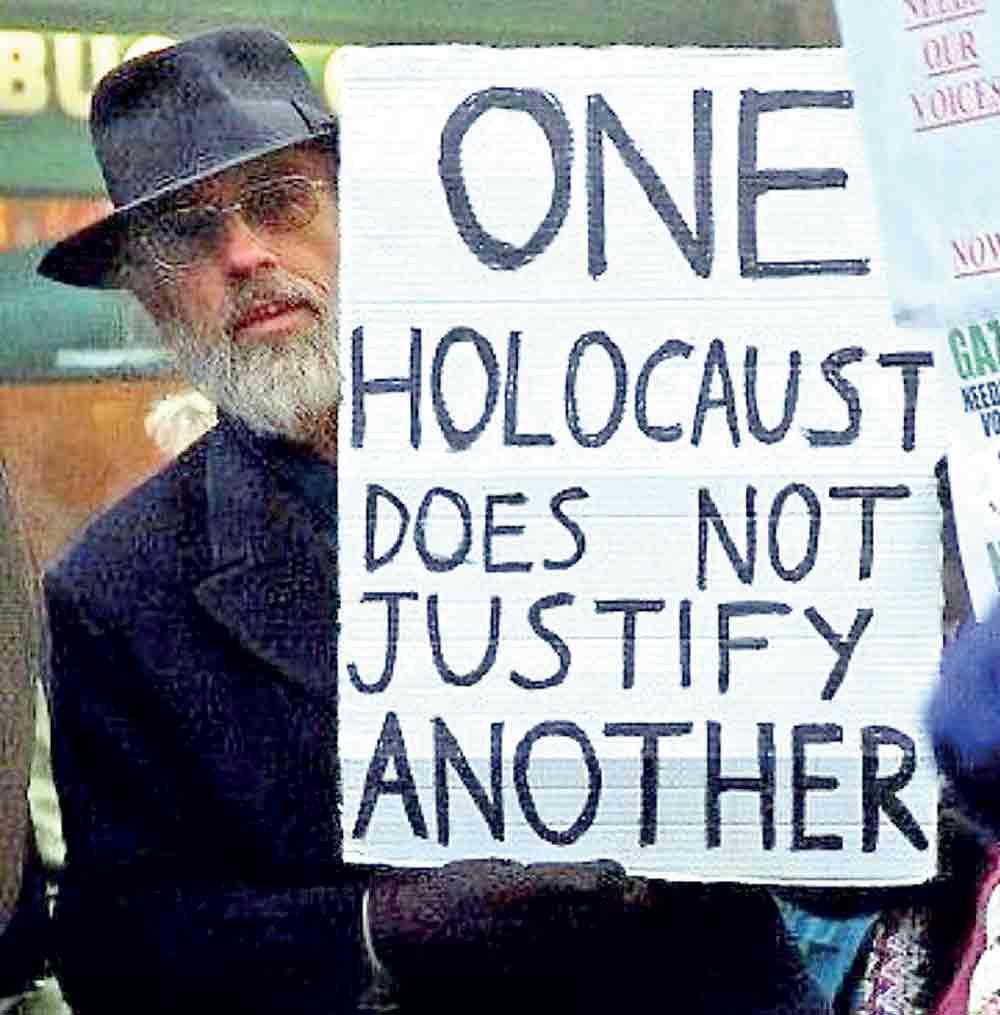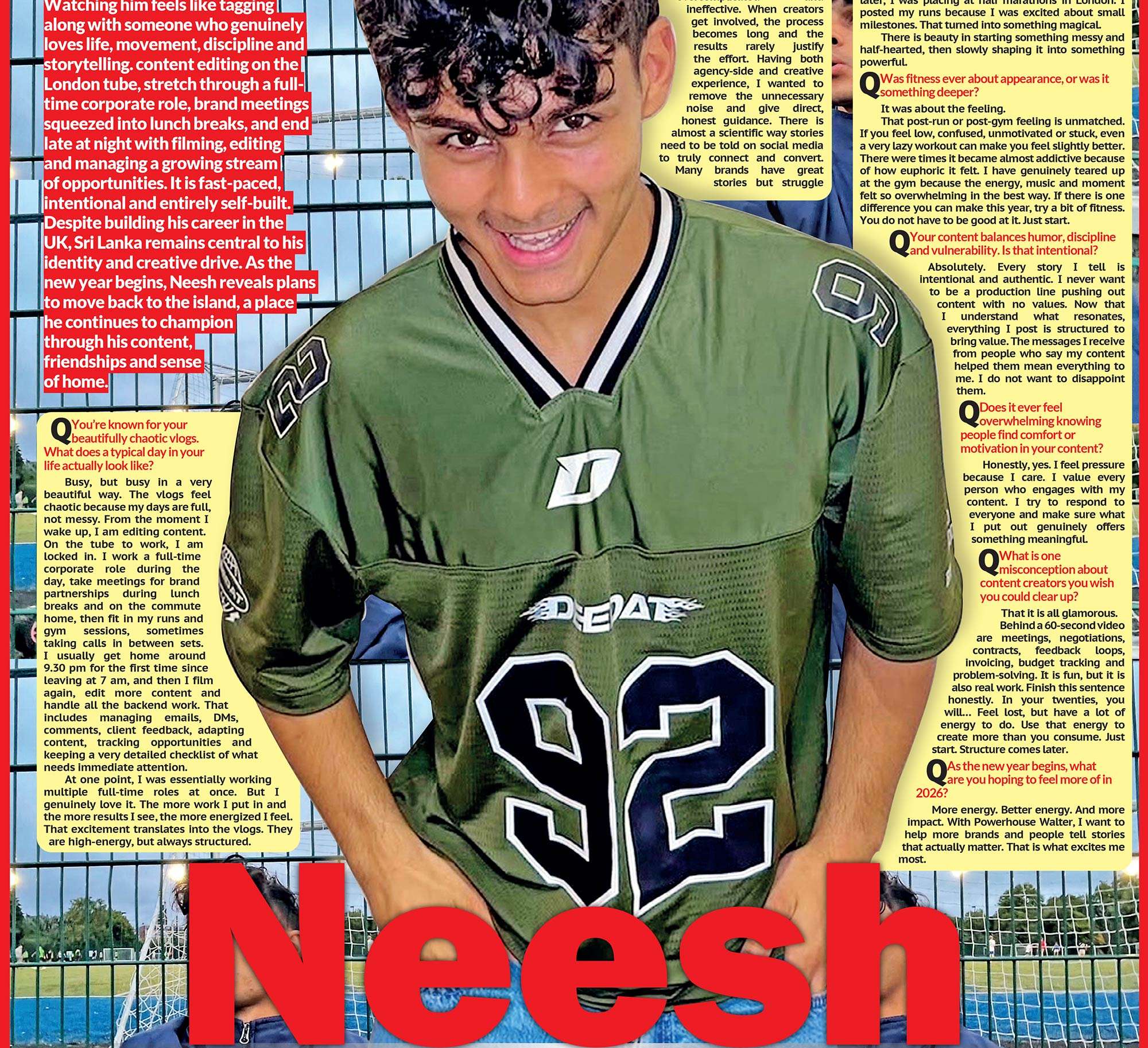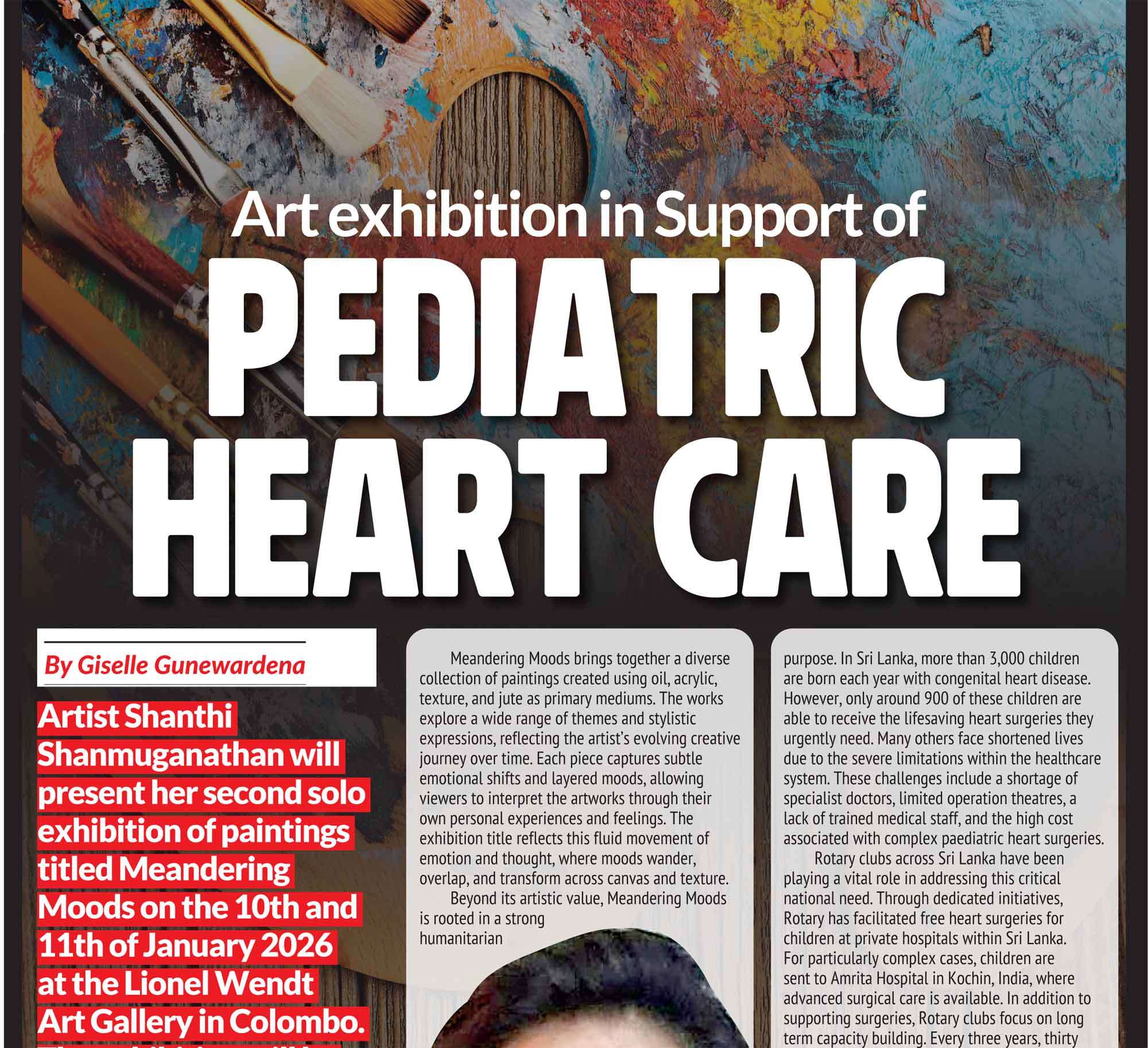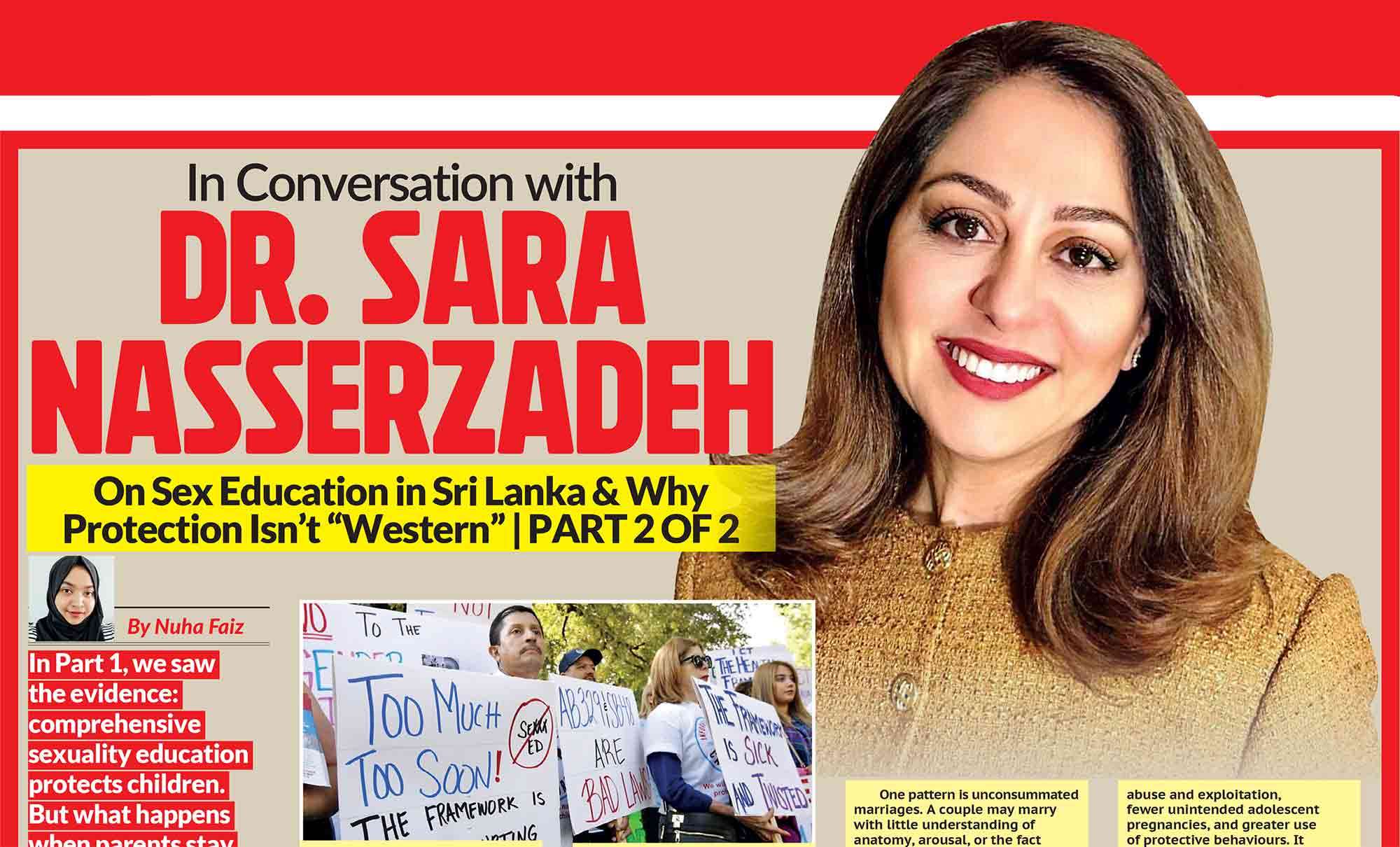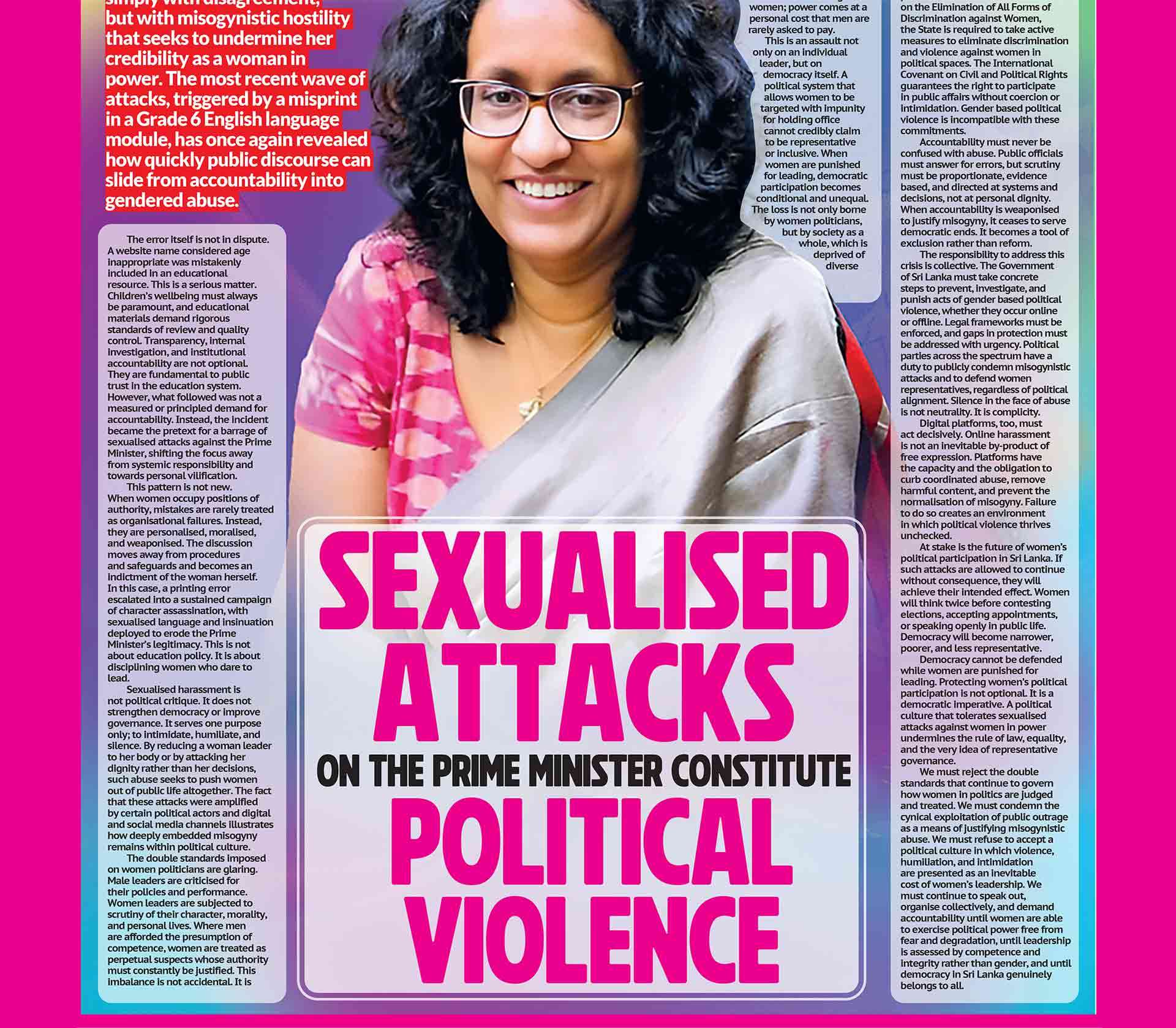The silence has been broken. The unthinkable has been said.
And the world can no longer look away
For months, we've danced around the word. Politicians have carefully avoided it. Media outlets have sanitized it as "conflict" or "war." Even genocide scholars, those whose life's work is to identify and prevent humanity's greatest crime, have hedged their language, speaking in careful academic terms about "patterns" and "concerning developments." But Dr. Omer Bartov, a professor of Holocaust and genocide studies at Brown University, has shattered that careful silence with five devastating words: "Israel is committing genocide." This isn't some activist with a megaphone or a politician scoring points. This is a man who grew up in a Zionist home, served as an officer in the Israeli Defense Forces, and has spent decades studying the very crime he now accuses his former homeland of committing. When such a voice speaks, the world must listen.
The Weight of Words
 Genocide. The word carries the weight of history's darkest chapters. Coined by Polish-Jewish lawyer Raphael Lemkin in 1944 as Nazi extermination camps operated at full capacity, it was designed to capture something beyond mere mass killing; the deliberate attempt to destroy a people as a group, to ensure they could never reconstitute themselves as a political, social, or cultural entity.
Genocide. The word carries the weight of history's darkest chapters. Coined by Polish-Jewish lawyer Raphael Lemkin in 1944 as Nazi extermination camps operated at full capacity, it was designed to capture something beyond mere mass killing; the deliberate attempt to destroy a people as a group, to ensure they could never reconstitute themselves as a political, social, or cultural entity.
The 1948 UN Genocide Convention defined it precisely: "intent to destroy, in whole or in part, a national, ethnical, racial or religious group, as such." Two elements must converge: intent and action. For ten months, even as Gaza's death toll mounted and its infrastructure crumbled, many scholars argued the intent wasn't clear enough.
Dr. Bartov's analysis marks a watershed moment because he demonstrates both elements are now undeniably present. The intent was declared openly by Israeli leaders in the days after October 7th. Prime Minister Netanyahu's invocation of Amalek, the biblical enemy God commanded the Israelites to destroy completely, "men and women, infants and sucklings,” wasn't subtle. Defense officials calling Palestinians "human animals" and Deputy Speaker Nissim Vaturi demanding the "erasing the Gaza Strip from the face of the earth" weren't metaphorical flourishes.
But intent alone isn't genocide. The pattern of destruction that followed is what convinced Dr. Bartov, and a growing chorus of genocide scholars, that we are witnessing the crime of crimes unfold in real time.
Genocide. The word carries the weight of history's darkest chapters. Coined by Polish-Jewish lawyer Raphael Lemkin in 1944 as Nazi extermination camps operated at full capacity, it was designed to capture something beyond mere mass killing; the deliberate attempt to destroy a people as a group, to ensure they could never reconstitute themselves as a political, social, or cultural entity.
The Anatomy of Erasure
The numbers are staggering, but they tell only part of the story. According to Dr. Bartov's analysis, 174,000 buildings have been destroyed or damaged, up to 70% of all structures in Gaza. More than 58,000 people killed, including over 17,000 children. More than 2,000 entire families wiped out. Over 870 infants under one year old dead.
But genocide isn't just about killing. It's about making a people's continued existence impossible. The systematic destruction of hospitals, universities, schools, mosques, cultural heritage sites, water treatment plants, and agricultural areas reflects what Dr. Bartov calls "a policy aimed at making the revival of Palestinian life in the territory highly unlikely."
This is the difference between war crimes and genocide. War crimes kill people as individuals. Genocide kills people as members of a group, targeting not just their lives but their future, their ability to exist as a people. When you destroy a university, you're not just killing students; you're killing the possibility of educating future generations. When you destroy water treatment plants, you're not just creating immediate suffering; you're making the land uninhabitable for those who might survive.
Gaza now has the grim distinction of having the highest number of amputee children per capita in the world. An entire generation of children will carry physical and psychological scars for life, if they survive. This isn't collateral damage; it's the systematic destruction of a people's future.
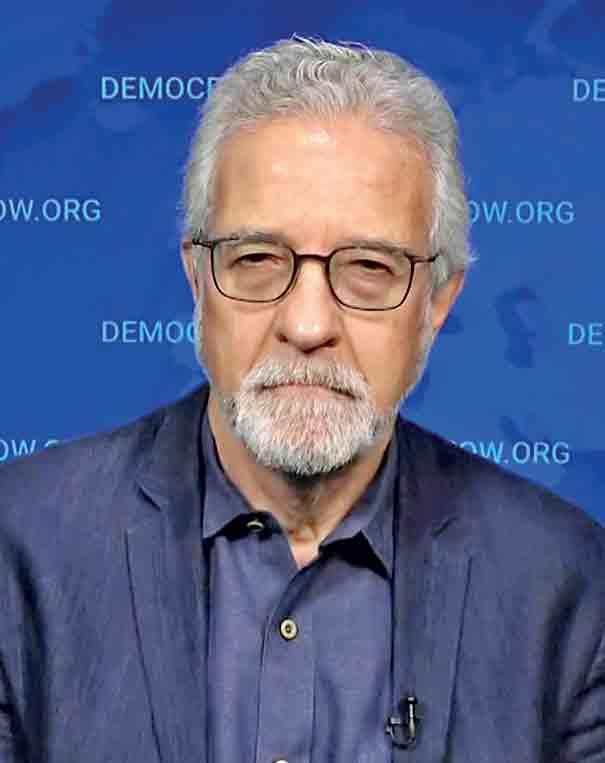
The Silence of the Scholars
Perhaps most damning is Dr. Bartov's indictment of his own academic community. While genocide scholars increasingly recognize what's happening in Gaza, Holocaust scholars, those who should be most sensitive to such crimes, have remained largely silent.
This silence is particularly troubling because it exposes how the memory of the Holocaust has been weaponized. The phrase "Never Again", originally a universal cry against inhumanity, has been twisted into an excuse for inhumanity when committed by those claiming victimhood. As Dr. Bartov writes, this "has made a mockery of the slogan 'Never again,' transforming its meaning from an assertion of resistance to inhumanity wherever it is perpetrated to an excuse, an apology, indeed, even a carte blanche for destroying others by invoking one's own past victimhood."
The irony is devastating. Israel, created as an answer to the Nazi genocide of the Jews, now stands accused of committing genocide itself. The moral authority derived from the Holocaust, the foundation of Israel's claim to be "the most moral army in the world", is crumbling under the weight of evidence from Gaza.
Some Holocaust scholars have gone further than silence, actively denying the genocide charges as antisemitic. Norman J.W. Goda called genocide accusations against Israel a "genocide libel" that "deploys a range of antisemitic tropes." In this twisted logic, showing images of Palestinian children killed by Israeli bombs becomes an antisemitic act.
This response reveals the moral bankruptcy of using historical victimhood to justify present-day crimes. It suggests that the lessons of the Holocaust belong exclusively to one people, rather than serving as a universal warning against the capacity for evil that exists in all societies.
The Global Reckoning
The implications extend far beyond Gaza or Israel. Dr. Bartov warns that the continued denial of genocide charges "will cause unmitigated damage not just to the people of Gaza and Israel but also to the system of international law established in the wake of the horrors of the Holocaust, designed to prevent such atrocities from happening ever again."
This isn't hyperbole. If the international community can watch the systematic destruction of Gaza; broadcast live, documented in real-time, analyzed by experts, and still refuse to call it genocide, then the entire post-WWII legal and moral framework collapses. The Genocide Convention becomes meaningless. The International Court of Justice becomes toothless. The promise of "Never Again" becomes a lie.
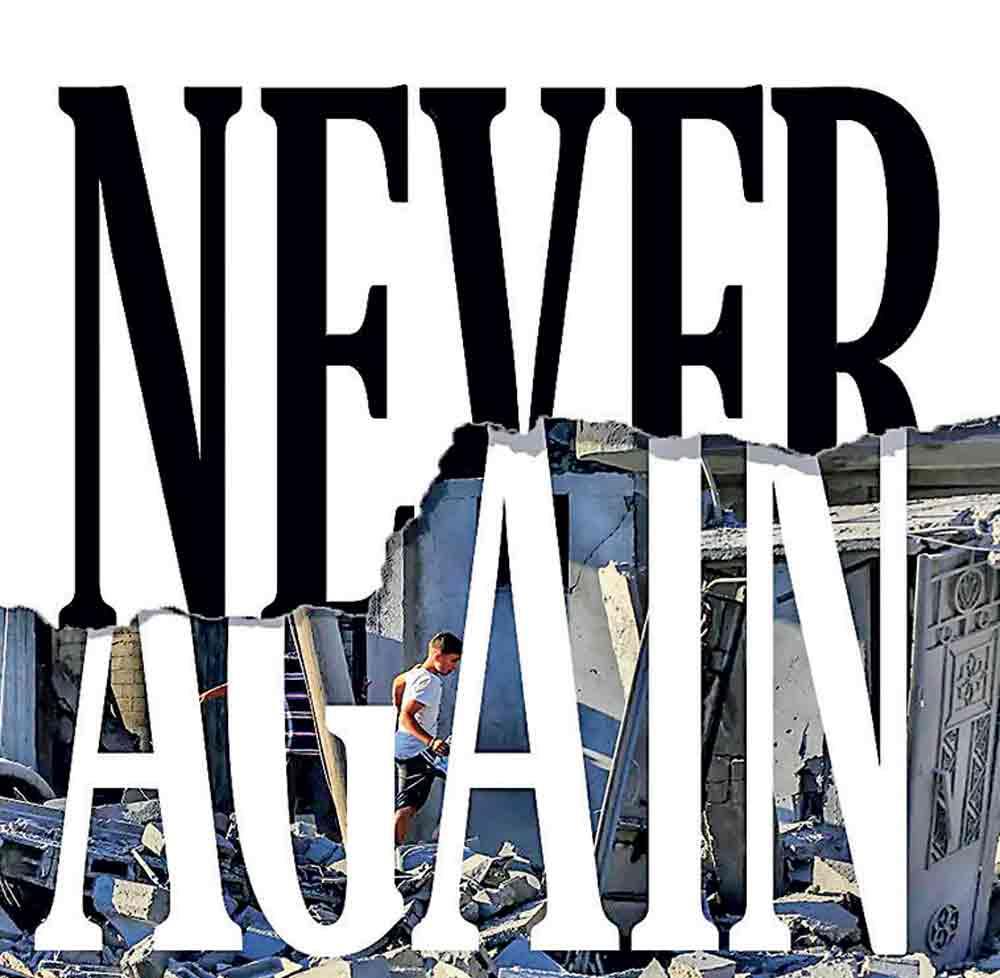
The recognition is building nonetheless. South Africa's genocide case at the ICJ, supported by multiple countries, moves forward. UN Special Rapporteur Francesca Albanese, now nominated for the Nobel Peace Prize for her work documenting these crimes, has reached the same conclusion as Dr. Bartov. Amnesty International, with its rigorous legal standards, has made the genocide determination.
Even within Israel, cracks are appearing. Former Defense Minister Moshe Yaalon described the operation in northern Gaza as "demolition and ethnic cleansing." When hard-liners within Israel's security establishment use such language, the facade of defensive warfare crumbles.
But intent alone isn't genocide. The pattern of destruction that followed is what convinced Dr. Bartov, and a growing chorus of genocide scholars, that we are witnessing the crime of crimes unfold in real time.
The Price of Truth
Dr. Bartov's intervention is particularly significant because of what it costs him personally. As he acknowledges, this conclusion was "painful to reach, and one that I resisted as long as I could." A man who served his country, who dedicated his career to understanding genocide, doesn't make such accusations lightly.
His voice joins a growing chorus of Jewish scholars, activists, and citizens who refuse to let their identity be weaponized to justify atrocities. They understand that true security, for Israel, for Jews, for all peoples, cannot be built on the bones of another people's children.
This also makes me think of the parallel to Sri Lanka's civil war that we refuse and fumble behind closed doors to calling it a ‘Tamil Genocide’, which I want to discuss in my upcoming articles. Because, there too, we saw the systematic targeting of Tamil civilians, the displacement of entire populations, the destruction of cultural sites, and the international community's willful blindness to crimes committed by a state claiming to fight terrorism. The same patterns of denial, the same claims of self-defense, the same refusal to see state violence for what it truly was.
The Path Forward
Dr. Bartov ends his analysis with a glimmer of hope; that perhaps Israel, liberated from "the overwhelming burden of the Holocaust," might "finally come to terms with the inescapable need for its seven million Jewish citizens to share the land with the seven million Palestinians living in Israel, Gaza and the West Bank in peace, equality and dignity."
But first comes the reckoning. The acknowledgment of what has been done. The recognition that genocide, by any name, remains genocide. The understanding that no historical suffering justifies the infliction of suffering on others.
Dr. Bartov's courage in speaking this truth, despite the personal and professional costs, reminds us that silence in the face of atrocity is complicity. That academic objectivity means calling genocide ‘genocide’, regardless of who commits it. That the lessons of history belong to all humanity, not just to those who suffered in the past.
The word has been spoken. The silence has been broken. Now comes the question that will define our moral future: Will we listen?
The world is watching. History is recording. And our children will judge us by what we do next.

